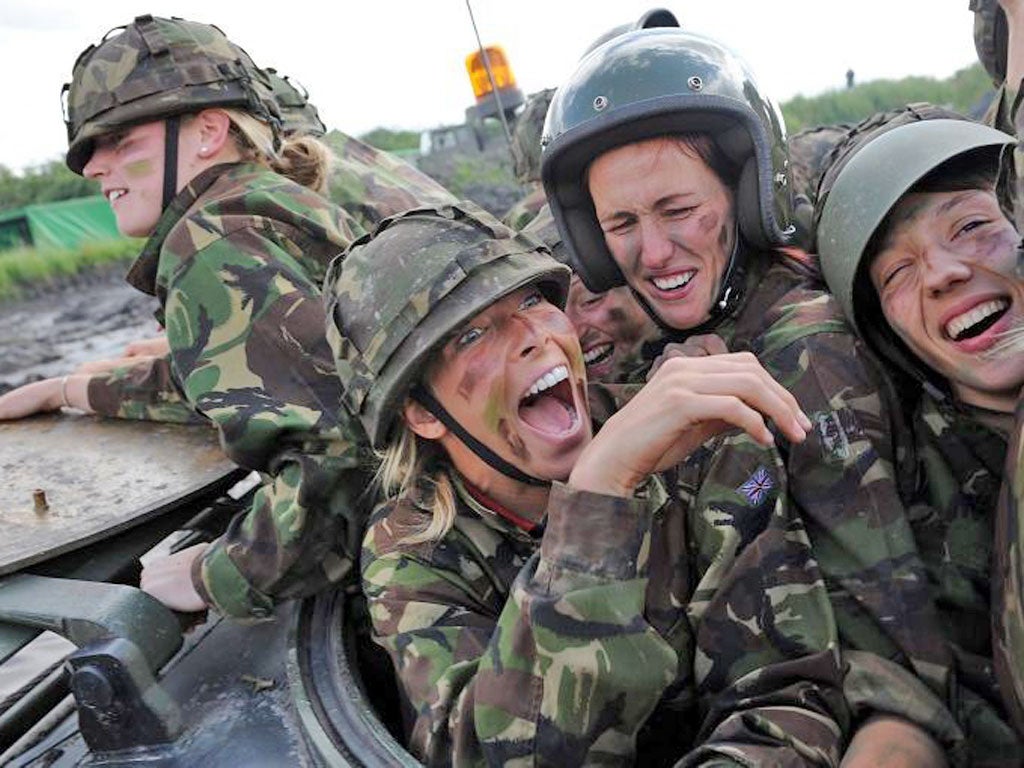It's just like playing Brazil as GB women enter the spotlight
Everton keeper Rachel Brown will have a key role against football's most romantic opponents, writes Ian Herbert

Rachel Brown has travelled a fair distance from her earliest taste of fame. She was – still is – the youngest woman to play in an FA Cup final when her Liverpool team contested the 1996 event, and it was some experience: a 15-year-old such as her facing the cameras, and her entire school tuning in live on television.
"It was huge for me, maybe, but more of a novelty then." Now, at the age of 32, she stands on the brink of an Olympic campaign with the Great Britain side, managed by the same Hope Powell who put a goal past her for Croydon WFC back in that final. And, although the women's game has progressed – enough for Brown to command one of the central contracts which enables her to balance the sport with her part time secondary school teaching job – it is still struggling to forge a path. The Olympic competition – in which the GB side will launch the entire Games when they face New Zealand in Cardiff eight days from now – is the latest in a series of opportunities to take the big step.
The gulf which remains with the men's game is evident in a myriad of small ways. For instance, the novelty of playing in front of so many supporters that Brown will struggle to hear team-mates – as will be the case when GB play Brazil at a sold-out Wembley, on 31 July. "It's interesting thinking about how the men cope with that level of noise on a game-to-game basis and how hard it must be for them to communicate on the pitch," says Brown, whose only equivalent experience was an exhibition game in front of 60,000 fans in China a few years back.
The gulf is equally evident in the absence of contact between the men and women players, which will make Friday's back-to-back friendlies at Middlesbrough's Riverside Stadium – the women play Sweden, the men Brazil – unusual. "The men train during the day. We work during the day and train at night so we don't tend to see them," says Brown, one of the few who have made the club move from Liverpool to Everton.
The unvarnished truth about the women's game is that it is still struggling for profitability in most countries bar Scandinavia and Germany, who are ranked second in the world and many people's favourites for gold. "The FA investment means we can train more easily, recover more easily and access physio when we want to," Brown says. "The financial support for players is limited but it helps you work part-time rather than full-time which is a huge step." But catching an Olympic dream can help the women's game reach the parts that the governing body cannot.
While even the prospect of Arsenal v Chelsea Ladies at the Emirates drew 5,000 in April, GB v Brazil is a different story, pitching Powell's side up against a nation who play football only as Brazilians can. The one to watch above all is Marta Vieira da Silva, known universally as Marta and the outstanding player in the women's game. It's Lionel Messi, if you will. "In her, they have best player in the world," says Brown. "She's won the world player of the year for the last three years. She scores wherever she plays."
Join our commenting forum
Join thought-provoking conversations, follow other Independent readers and see their replies
Comments